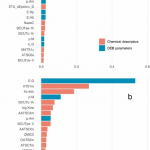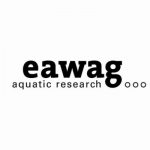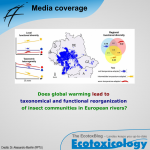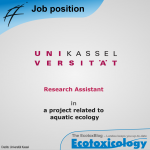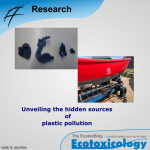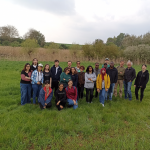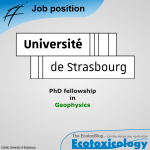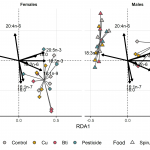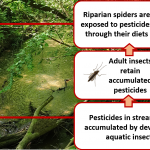In this blogpost, Jochen Zubrod talks about developing an innovative machine learning approach for ecotoxicity predictions. These cutting-edge models show impressive predictive power for acute pesticide toxicity in freshwater organisms, holding promise for applications in environmental risk assessment and pesticide research and development.
Continue readingBio-QSARs: the inclusion of physiological trait information in machine learning QSARs allows predictions across species
